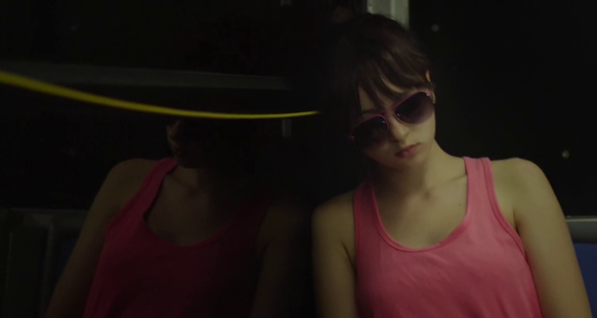 Lila, a fourteen year old girl, lives in a blue-collar Brooklyn neighborhood with her father. It's summer and she spends most of her time at the beach with her more "experienced" best friend Chiara, often playing the third wheel to her and her boyfriend. Lonely and somewhat awkward around the opposite sex, Lila wants to emulate Chiara's behavior in an effort to feel wanted and desired. Enter Sammy, a tough older guy, who Lila becomes fixated on, attempting to insert herself into his much darker world. Eliza Hittman's It Felt Like Love is an impressive first-time feature that effectively transports the viewer into the mind of a girl living in a world that objectifies even young woman as sexual objects. Eliza Hittman shows a great eye for detail, capturing the smaller, subtle moments of a young girl who feels unwanted or appreciated. Using insert shots, Hittman captures an almost meditative state of a fragile psyche who just wants to be wanted and desired. Persuasive cultural forces such as rap music, pornography, and dancing also play their part, with the film subtlety showing how all of these things help shape a young woman's perception of their role in society. The film speaks to a culture that pushes woman to grow up as fast as possible, with Lila deciphering sex as a right of passage, a gateway to being a grown-up. These days I find most "coming of age" stories by-and-large uninteresting due to the abundance of them in indie filmmaking but what Hittman achieves with It Felt Like Love is compelling, a coming of age story that speaks to the inherent problems of societies objectification of woman.
0 Comments
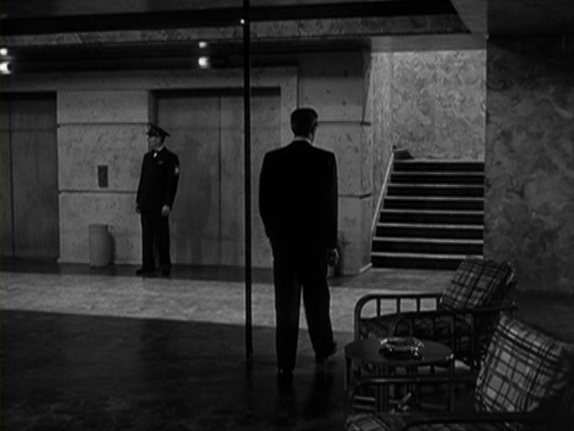 John Farrow's The Big Clock is a very tight thriller with noir-ish tones. The Big Clock tells the story of the relationship between Earl, a slave driving owner of a national magazine 'Crime Ways' and his star editor, George, who has a knack for breaking big stories. George works very long hour in an attempt to appease his boss but it causes a lot of strife between him and his wife. One night after a hard nights work, where he is once again forced to blow off his wife and son, George goes to the bar to drown his sorrows and ends up going on a drunken bender with Milliard, a woman who ends up to be Earl's mistress. Unbeknownst to George, Milliard is the mistress of Earl, and when she returns home that night she is murdered by the powerful tycoon. The Big Clock is a great mystery thriller that plays out like a great game of cat and mouse, following Earl and George as they each seek out the man responsible for Milliard's death, with our main protagonist George, having no idea that his own boss is the man responsible. Earl is out to frame a man for Milliard's death, setting his sights on his star editor, knowing that they shared the spend some time together at the bar that night. The script is taut and the direction really brings the film to life, embracing the race against time aspect of the film through various shots of clocks. The real star of this film is the great Charles Laughton, surprise! surprise!, who is absolutely fantastic as the diabolical owner, Earl. He is able to add such depth to a character which blandly written, creating a genuinely great antagonist to this Noir-ish story. John Farrow's The Big Clock is an effective thriller that captures the power and corruption so frequently seen among the extremely wealthy tycoons. 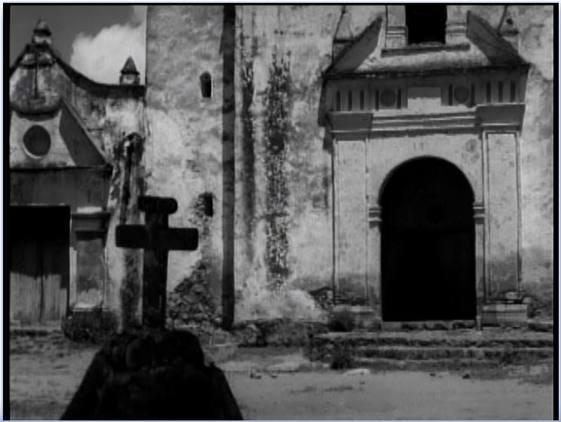 Nazarin is a priest who recently left his order, living a life of solitude in an extremely poor area of Mexico. Living almost exclusively off of the charity of others, Nazarin lives a quiet life. One night a prostitute arrives at his doorstep seeking aid. She is wanted by the police for murder but Nazarin shelters her, eventually being questioned by the police for his actions. After the investigation, Nazarin heads for the countryside where he begins to learn more about human suffering and empathy than he ever could have while he was in the order. Luis Bunuel's Nazarin is a powerful film about a priest whose attempts to live a pure and honest life are greeted with hatred and distrust. Bunuel's disdain for organized religion and the establishment is well known and in Nazarin he creates a film that manages to capture religious naivete in a surprisingly subtle way. While some filmmakers venomously attack people of faith, Bunuel shows a lot of restraint, understanding the good that can come from spiritual healing. Nazarin is a man of good intentions that has been blinded by the institutionalized charity aspect of organized religion, only coming to understand the true power of kindness is a human act, not some divine decree. Like many of his Mexican films, Luis Bunuel's Nazarin is a narrative-driven story that only shows flashes of his iconic imagery, but the restraint he shows in making his point about organized religion is what is truly impressive.  Merely days before the NFL Draft, Sonny Weaver, the General Manager of the Cleveland Browns, trades for the number one overall pick, intent on saving football in Cleveland and bringing a championship to the city. Facing an owner who is adamant about getting the top QB prospect, Sonny is torn between the pursuit of appeasing his owner thus keeping his job, and going after the prospect who he believes could actually succeed in the NFL. Ivan Reitman's Draft Day is a by-the-numbers sports drama that plays it way too safe to be anything but adequate if unspectacular filmmaking. Being the first film with the ability to use the actual team trademarks of the NFL, Draft Day looks a feels like the real deal, but unfortunately it lacks any real surprises, being a very safe, straightforward narrative the never takes any chances. The football world is merely the setting of Draft Day, a film that is really about a man whose come to a professional and personal crossroads, faced with doing what he believes is right for the team, no matter what. Draft Day is at its best when it is all about football minds, capturing the intimate and exhaustive process of pro scouting and the touch decisions that have to be made. Unfortunately most of the human drama moments feel slight and uninteresting, most notably the unnecessary relationship subplot between Sonny Weaver and his cap specialist, Ali. Overall, Draft Day is an adequate sports drama that relies heavily on Costner's likeability but when you really step back from the film, one can't help but realize how dull the whole narrative truly is. 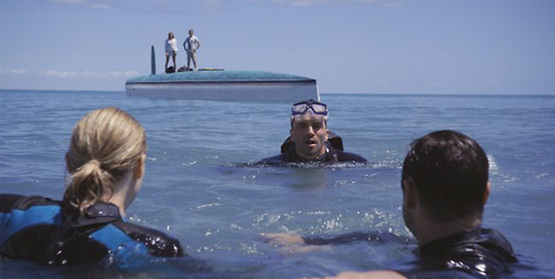 Luke, who delivers ships for a living, works in the beautiful waters of Australia's Great Barrier Reef. When Luke' friends comes to visit, he brings them along on his latest job, charting a yacht to its new owner. As they set off into the beautiful but dangerous waters, their ship is damaged by the sharp rocks and begins to sink. The group of friends is faced with a terrifying decision: stay on board and hope to be rescued, or swim twelve miles to nearest land in shark-infested waters. Andrew Traucki's The Reef is an effective water-based survival horror film but it never does enought to distance itself from other films in the genre. The Reef's best attribute is its aesthetic, being a very convincing film from a visual perspective, especially when considering the film's low-budget. The Reef uses real footage of great white sharks, blending it into the film's footage with the actors in a way that is far from seemless, but still effective. The characters themselves are for the most part uninteresting, with a half-baked on-again off-again relationship between Luke and Kate being the only real character development. All in all, The Reef is a better made film than most of its similar counterparts but it never does enough to make it stand out. 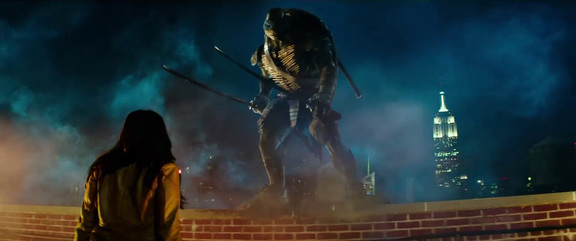 Darkness has fallen on New York City as the criminal group, The Foot Clan, runs amok with little resistance from the outgunned and undermanned police force. With the evil sensei, Shredder, behind this new menacing threat, New York City's future has never been grimmer. That's until four unlikely outcasts, giant mutant ninja turtle brothers, rise from the sewers to protect New York City's innocent, parterning with ambitious reporter April O'Neil to save the city from Shredder's diabolical plan. Jonathan Liebesman's Teenage Mutant Ninja Turtles is a fast-paced, dumb action film that puts action first and narrative a distant second, struggling from never knowing what it wants to be. The film desperately tries to appeal to both children and its older built-in fanbase, sacrificing its character development for a barrage of disorienting action, quips, and product-placement. Outside of one thrilling and fun action set-piece that takes place in a snowy Moutain setting, Liebesman's direction is very poor, with nausiating action sequences that are hard to follow and quite frankly head-ache inducing. The narrative of Teenage Mutan Ninja Turtles isn't bound to appease many fans of the original, with a storyline that centers around Megan Fox's laughably ambitious and uninteresting reporter persona that simultaneously makes Shredder basically an after thought in its uninteresting and generic narrative. The one thing the film does get right is the wise-cracking Michelangelo, who is easily the highlight of the film, delivering fun quips that breakup the otherwise over-serious tone of the film. Teenage Mutant Ninja Turtles isn't directed by Michael Bay but his fingerprints are all over the film - and no, that isn't a good thing. 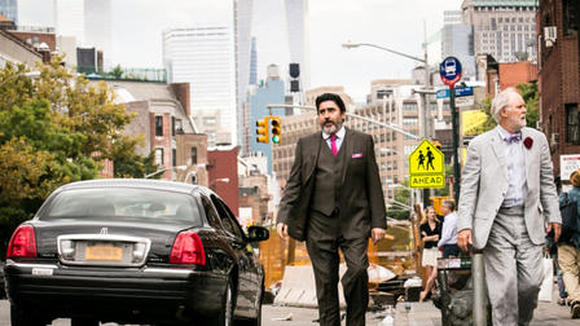 After nearly four decades together, Ben and George have finally been able to officially get married, having a small but intimate ceremony in lower Manhattan. The two men couldn't be happier, but when George loses his job at a catholic school, due in large part to his homosexuality, the couple is forced to sell their apartment. Living in New York City, the couple struggles to find an apartment that fits into their price range, forcing them to temporarily live apart, Ben with his nephew and his family, George with two friends who live downstairs from their old apartment. Struggling with their temporary separation, Ben and George also are faced with tension in their new living arrangements. Ira Sachs' Love is Strange is a tender, touching film about the power of love that thankfully never gets caught up in delivering some form of political message. What I appreciate most about Love is Strange is that Ira Sachs never makes this a film about homosexuality, but rather about love itself. In using this approach, Sachs is able to create a powerful film about two loving men that perfectly expresses how homosexual relationships are no different than heterosexual relationships, without beating the viewer over the head with a message. While the premise itself requires a little suspension of belief - I find it hard to believe these men couldn't find a place to stay together temporarily- Love is Strange is a tender character study with two impressive performances by John Lithgow and Alfred Molina. Ira Sachs' Love is Strange isn't as artistically satisfying as his last film, Keep the Lights On, but it's a powerful examination of 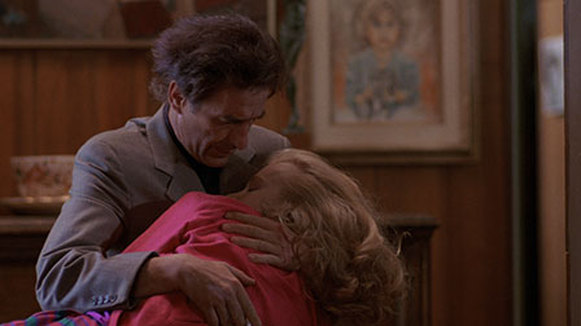 John Cassavetes last film tells the story of a brother and sister, both played to perfection by Rowland and Cassavetes, whom could be classified as extremely damaged but ultimately good souls. Robert (Cassavetes) is a full blown alcoholic who needs multiple woman in his bed nightly. He is a horrible father as well, and yes he is absolutely fascinating, as we can't help but care for his plight. Sarah (Rowland), has just gone through a divorce and lost custody of her kid. She is in a poor mental state believing love is continuous and never dies. She is a woman who has had everything she cares about taken from her, leading to mental anguish and disorientation. John Cassavetes uses these characters to explore love, family and life in general, never judging these characters but simply presenting both the good and the bad. In a less capable directors hands the audience would absolutely despise these characters, but with Cassavetes behind the wheel, he gives them true dimension and weight, capturing their internal struggle. With elements and themes prevalent in many of Cassavetes earlier work, Love Streams may just be my favorite film by the filmmaking, being a perfect swansong to his career. Love Streams is more surreal and even experimental compared to much of his previous work, pushing the medium as he explores these tortured souls. The dream sequence towards the end of the film really stands out for me, a truly powerful and hypnotizing scene, that is not quite like anything else Cassavetes has done before. When it comes to relationship dramas, Cassavetes is undeniably one of the best filmmakers out there, with Love Streams possibly being his greatest achievement. 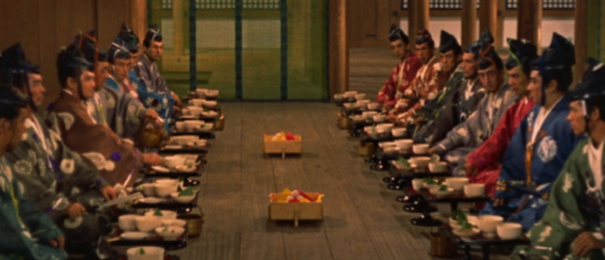 During an attempted coup, Lady Kesa, one of the high court's ladies in waiting finds herself in danger, only to be saved by a noble Samurai, Moritoh. When the coup fails, the samurai asks the lord to let him marry this woman as a reward for his loyalty and courage. The lord grants the request, not knowing she is already married to another samurai, Wataru. Moritoh attempts desperately to persuade Kesa to leave her husband but she adamantly refuses, devoted to her loving husband. Teinosuke Kinugasa's Gate of Hell is an incredibly powerful film about the power of lust, capturing how it can consume even the most noble of men, ultimately leading them down a path of destruction. Moritoh is a man who becomes obsessed with what he can't have thinking he can force Kesa to love him, leading to a tragic and powerful climax. One aspect of the film I really enjoyed is its commentary on vengeance, capturing the emptiness of revenge through Monitoh's actions towards the end of the film. With vibrant cinematography and beautiful sets, Gate of Hell is a remarkably beautiful film that makes it no surprise it was one of the films to open western societies eyes to Japanese cinema. A powerful experience, Gate of Hell is a film that is hard to quantify using merely words, but it is a remarkably moving film about love and sacrifice. 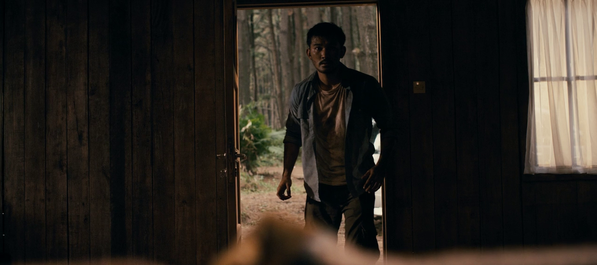 Awakening in a shallow grave, a man finds himself buried alive with no recollection of how he got there. Stuck in the middle of the desolate forest, he is disoriented and confused. He goes through everything he has on him - his cell phone, his wallet, etc - finding his license, and a family picture that suggests he's the father of two children. Voyaging through the woods looking for answers, the man soon discovers he is being stalked by a psychopathic killer. Joko Anwar's Ritual is an unnerving horror film that plays against our deep-seeded fears of the unknown. Viewers expecting a fast-paced slasher flick should stay away from Ritual, as it isn't interested in gore as much as atmosphere and tension, providing a slow burning narrative of intrigue. Playing out more like a mystery than a horror film, Ritual puts the viewer directly into the psyche of its main protagonist, showing and telling the viewer absolutely nothing, making them instead experience everything as he does. Being an Indonesian film with English dialogue, the dialogue in Ritual is not the film's strong suit, being very clunky and abrasive. Fortunately, this is a film which features hardly any dialogue, making this shortcoming hardly noticeable. Perhaps the greatest attribute of Ritual is the uncertainty of its narrative, a film that is full of mystery and uncertainty up until the very last frame of the film. Ritual is a great example what horror films can be - intoxicating, mysterious, and deeply disturbing. |
AuthorLove of all things cinema brought me here. Archives
June 2023
|

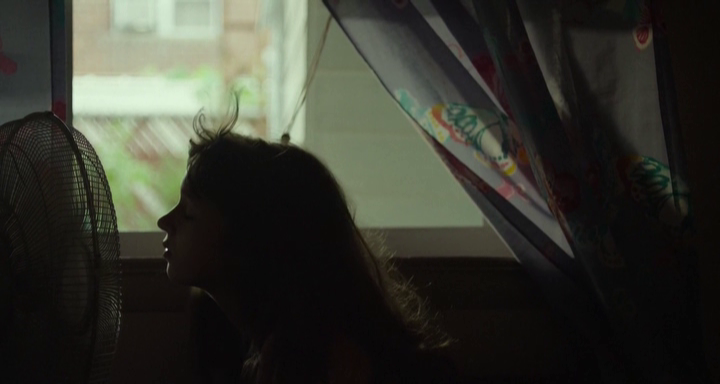

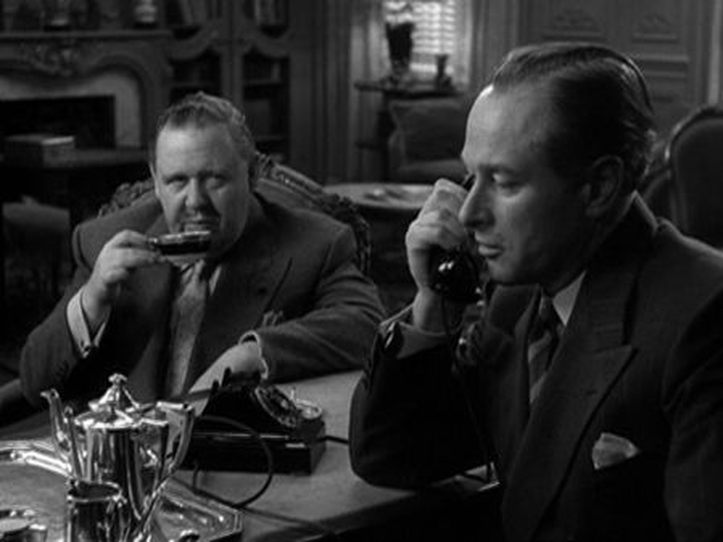
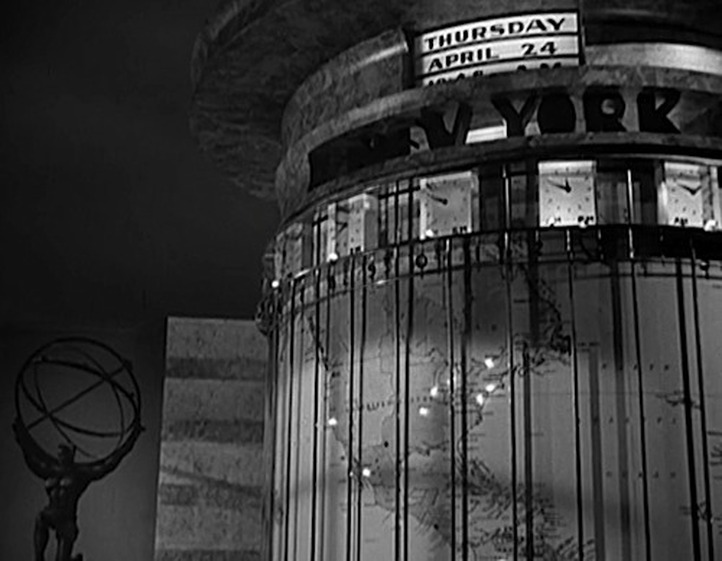
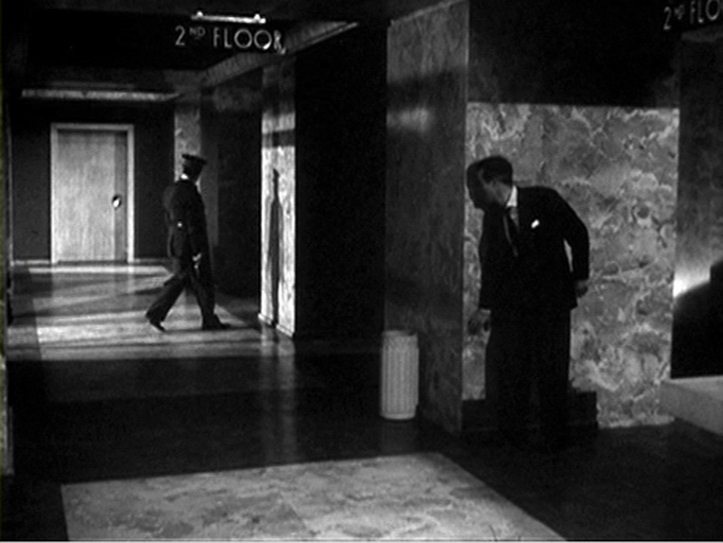
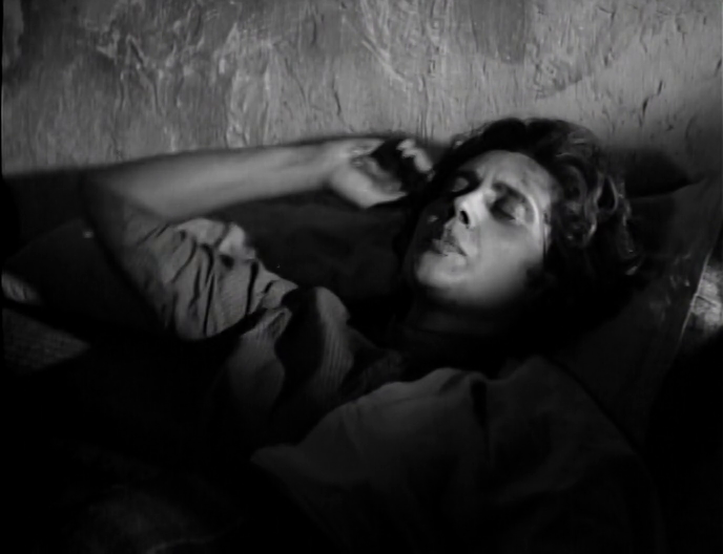
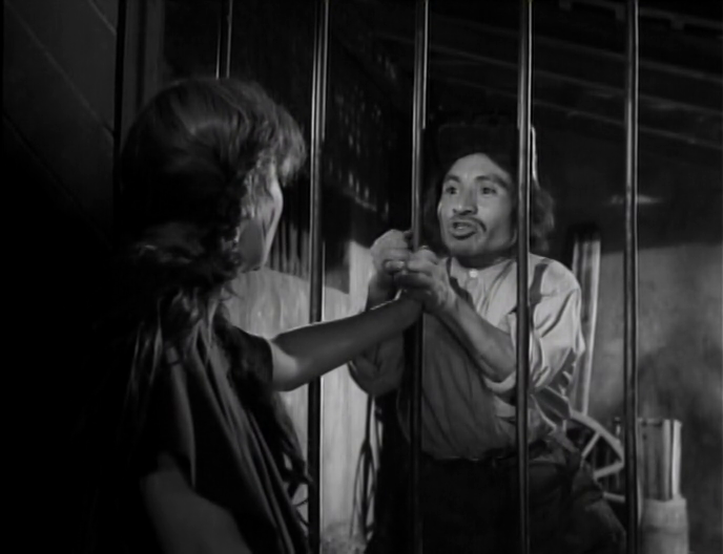
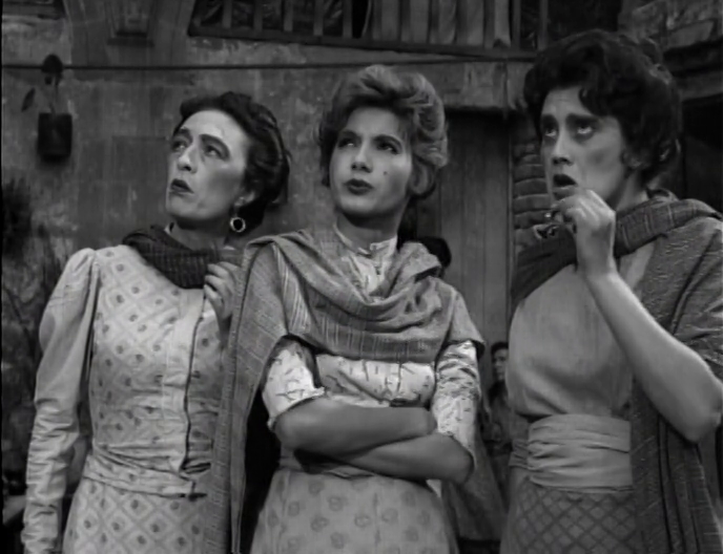

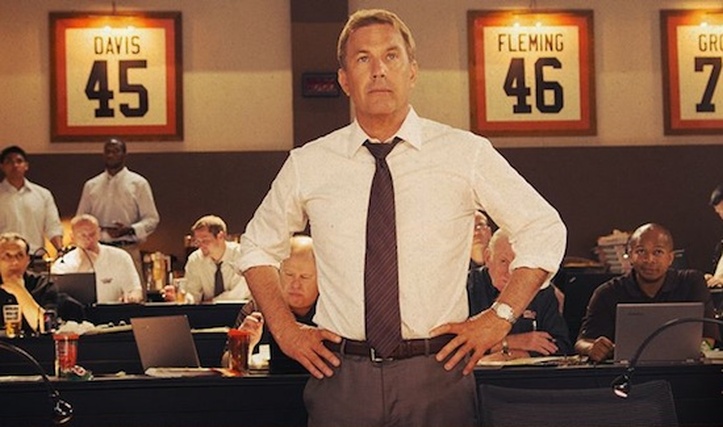

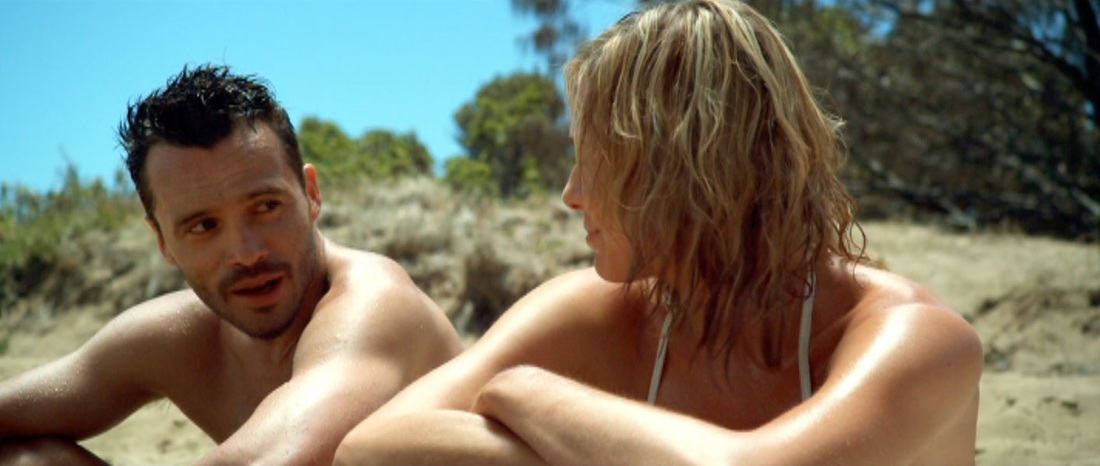
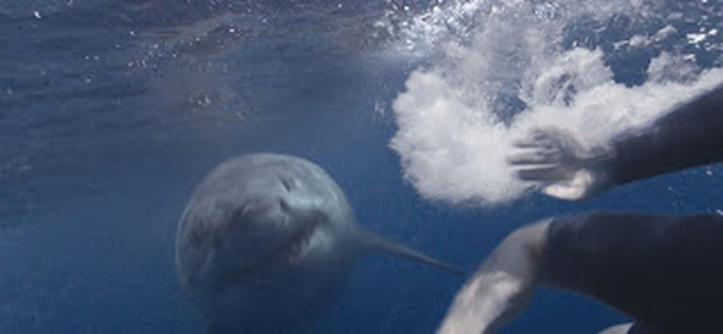
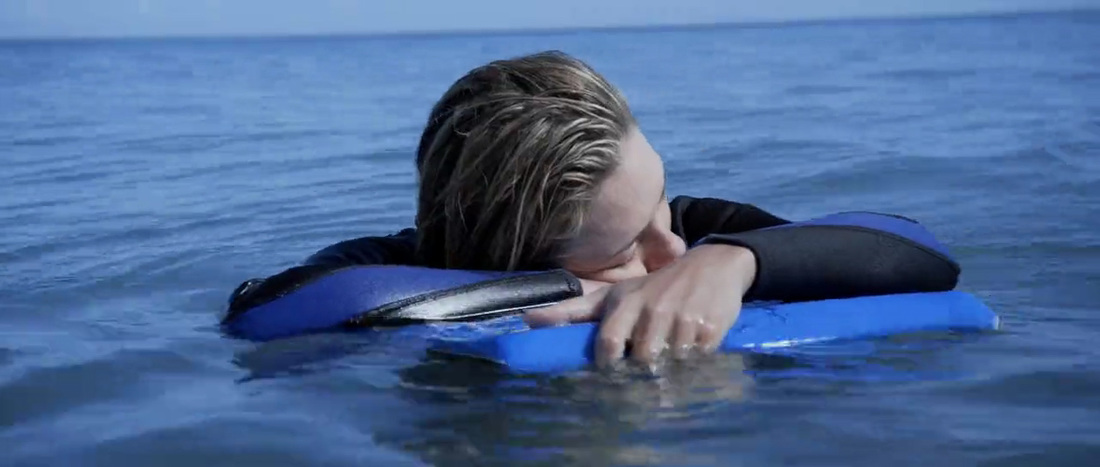
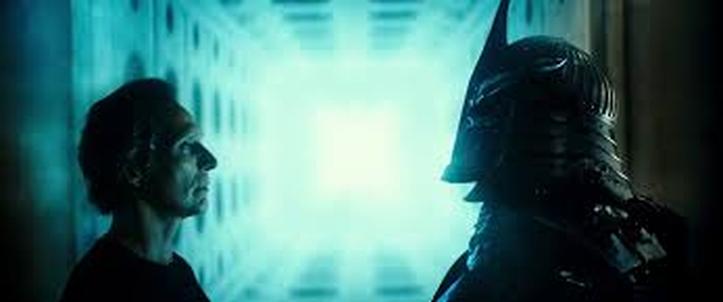
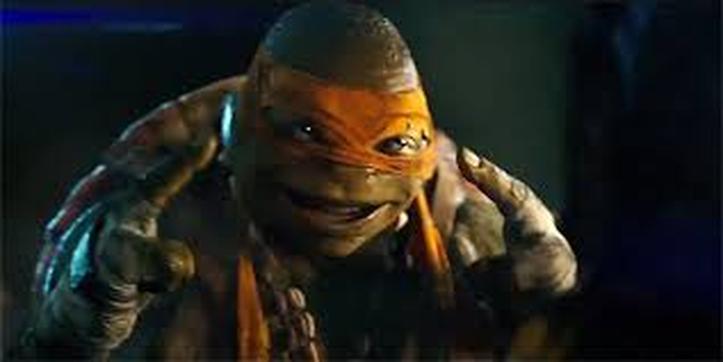

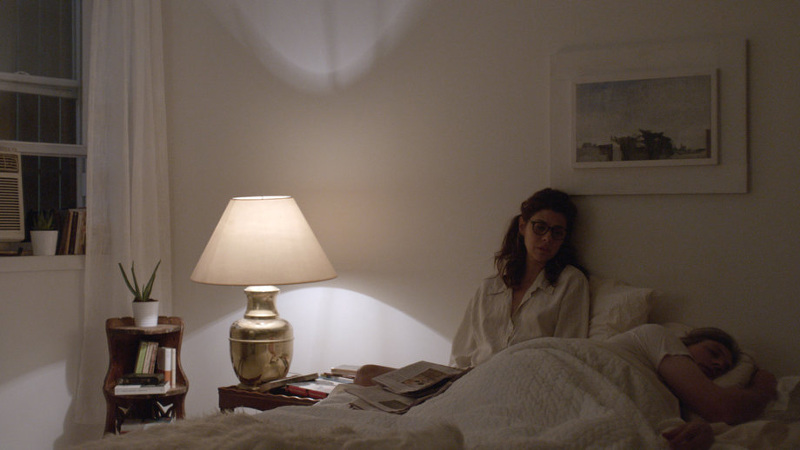
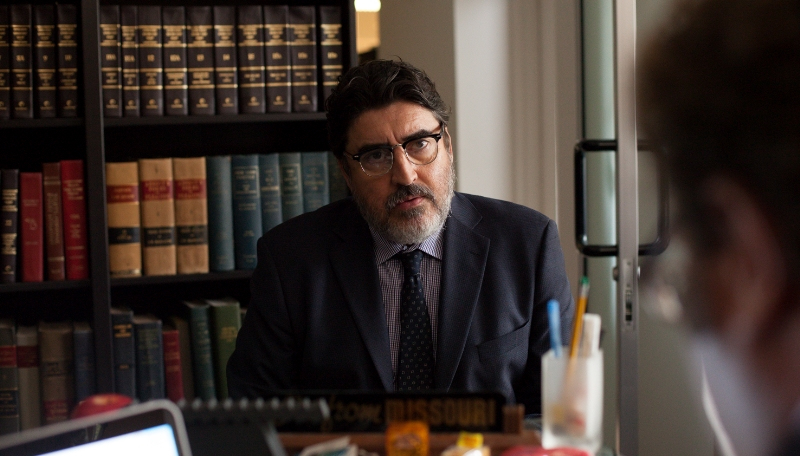

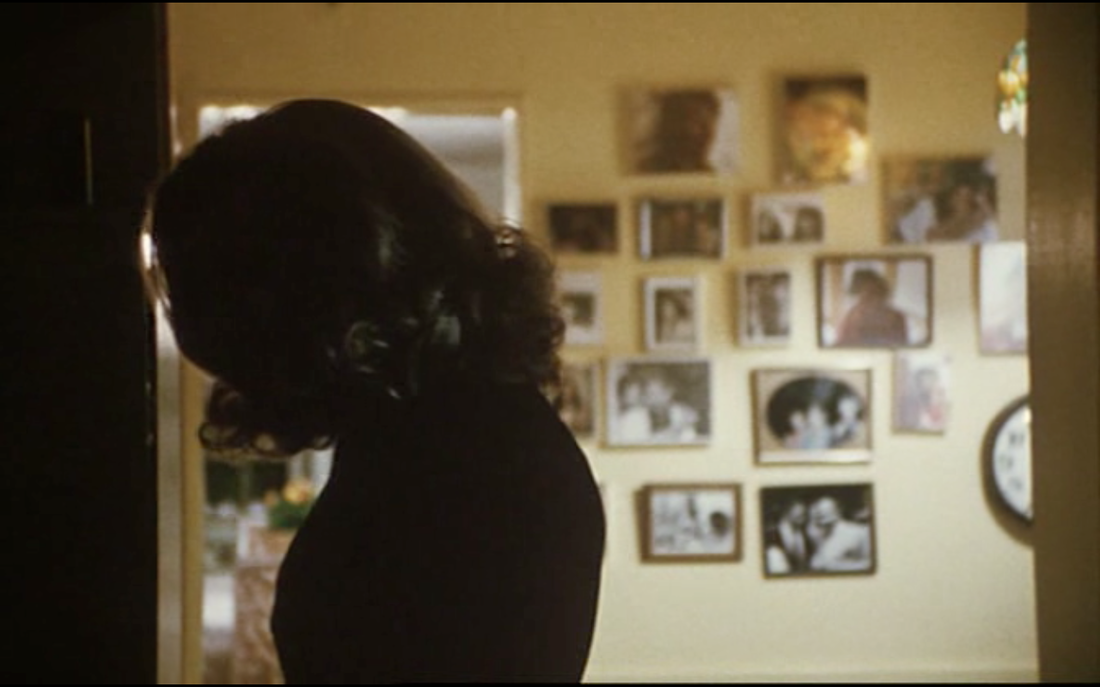
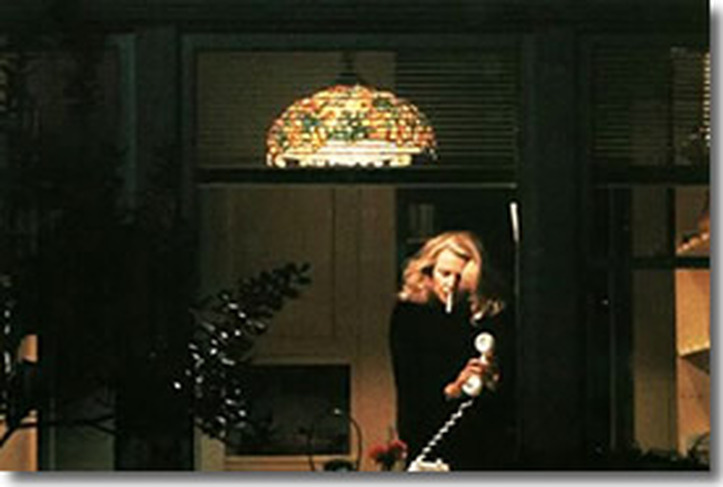
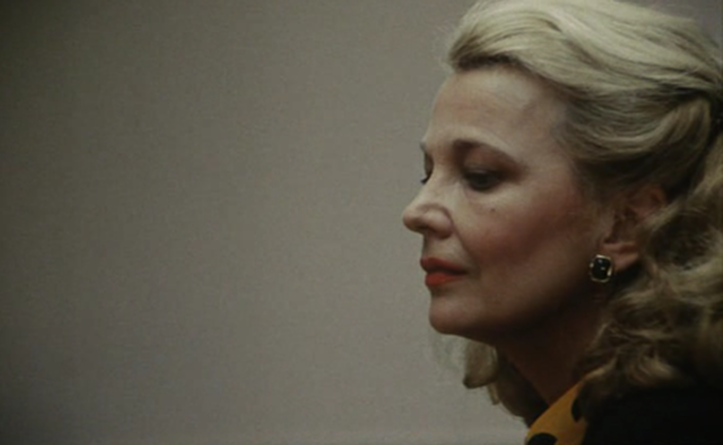
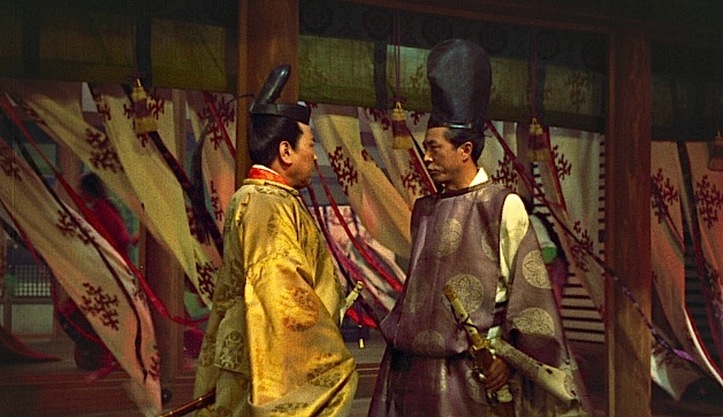
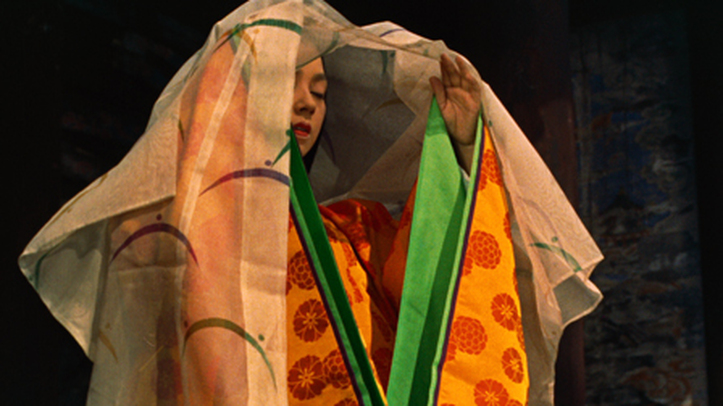
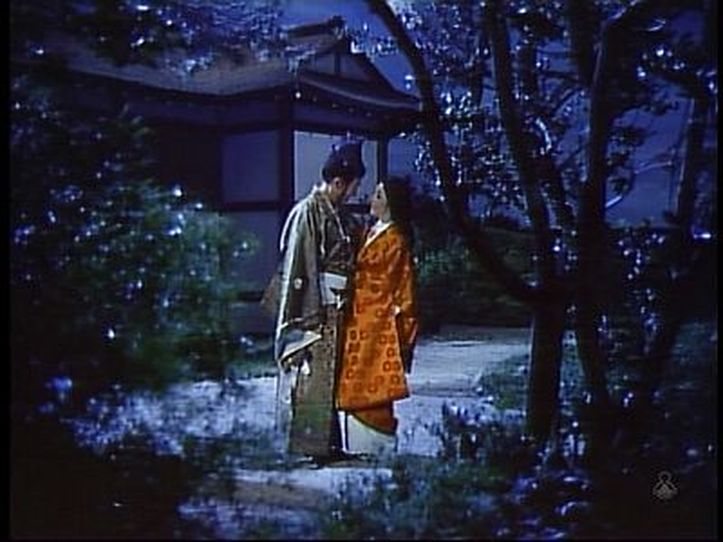
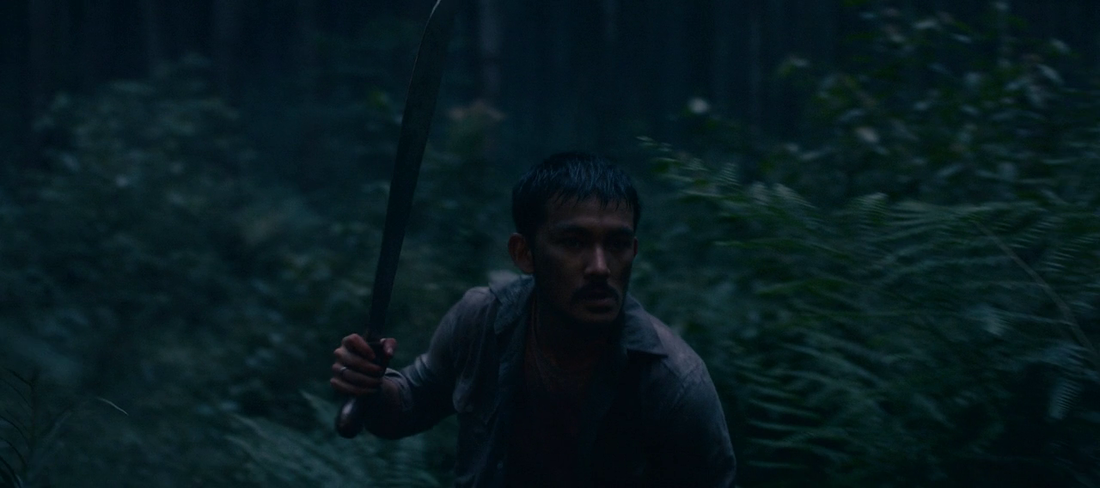
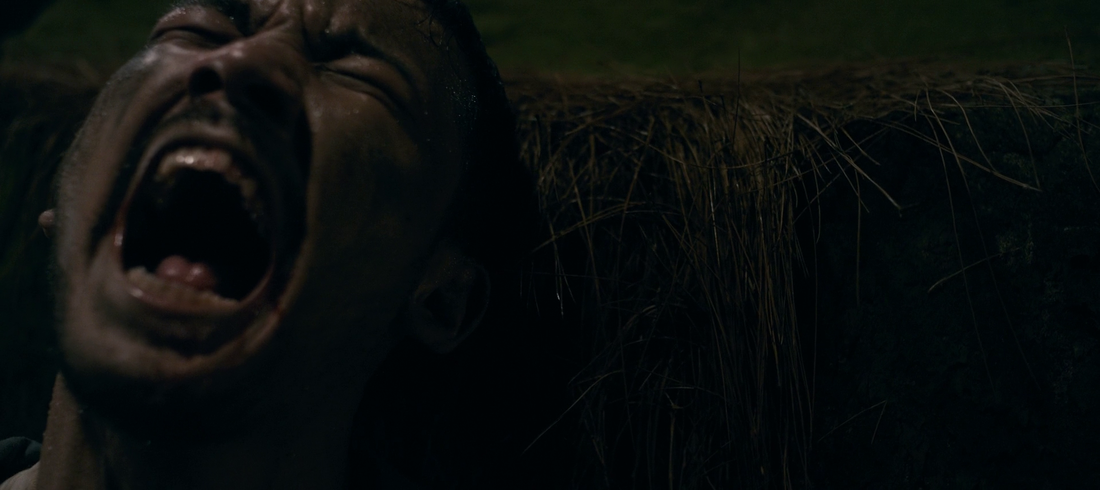
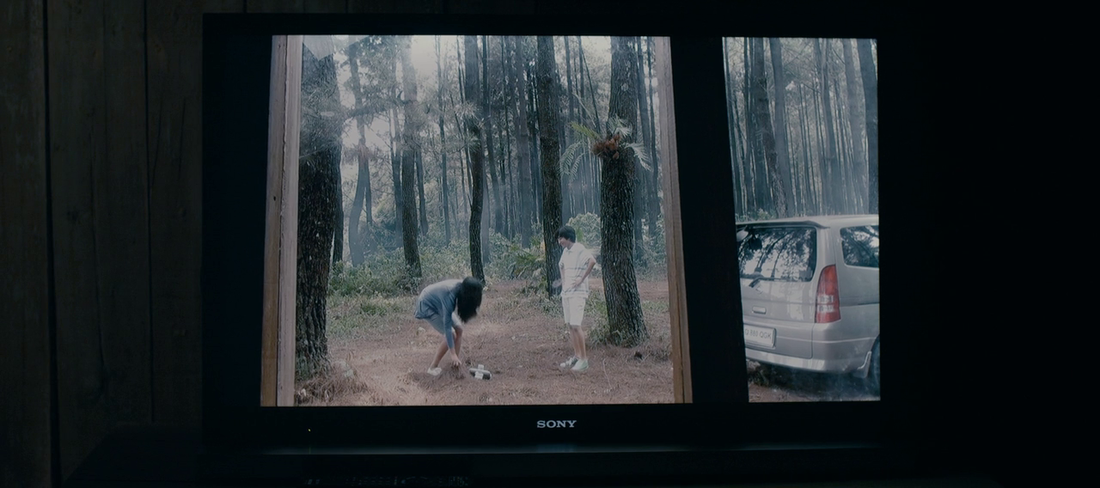
 RSS Feed
RSS Feed
